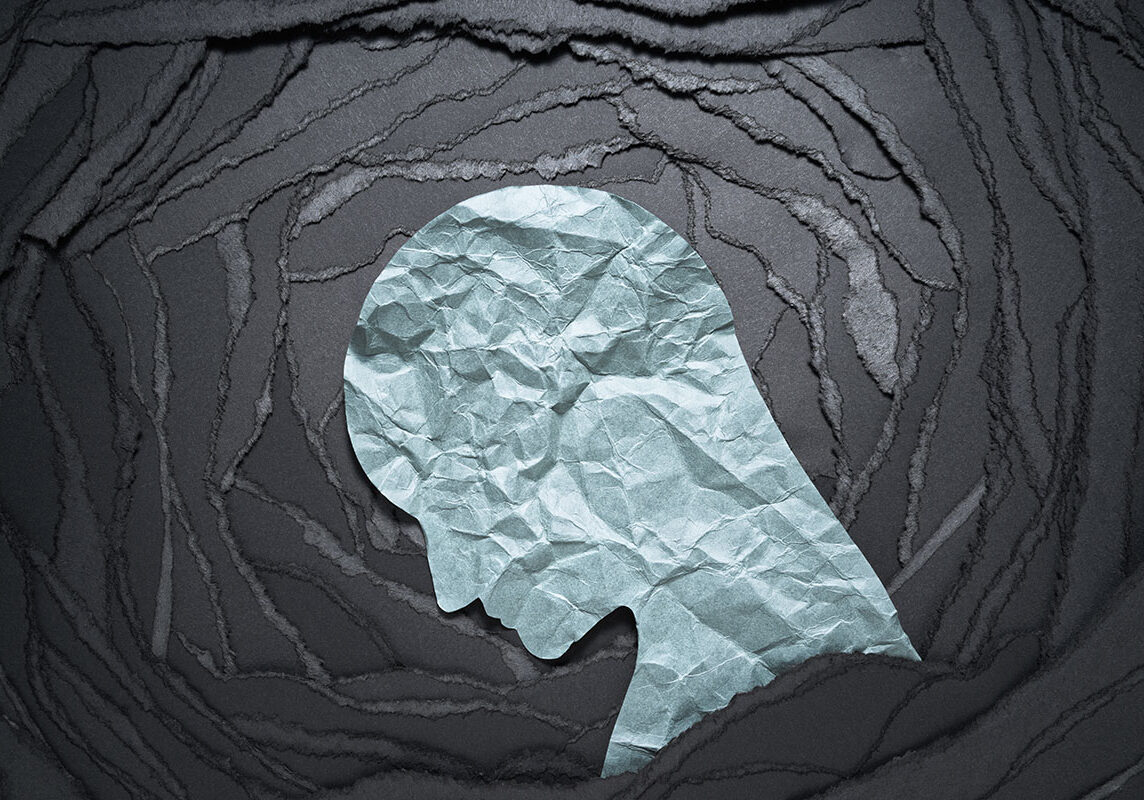Breaking The Stigma Around Mental Health Disorders
Mental health disorders, also called mental illnesses, are much more common than most people think. That’s because while we openly discuss physical ailments — you would probably never be embarrassed to tell a coworker you had a cold or the flu — there is a stigma surrounding mental health conditions.
We’ve developed trainings for our call center team around guidelines from the National Alliance of Mental Illness (NAMI), the National Institute of Mental Health (NIMH), and more

Let Us Connect You To Needed Resources
At Hollywood Addiction Center, we can connect you to the resources you need to get a mental health diagnosis and to understand it. We also make it easy to find a mental health professional near you or available via telehealth who is experienced in treating your specific condition. Like physical illness, mental illness is treatable. The right care reduces your symptoms and improves your quality of life.
To get started with the mental health care you need to lead a healthy, balanced life, don’t wait to get in touch with our Hollywood Addiction Center team.

